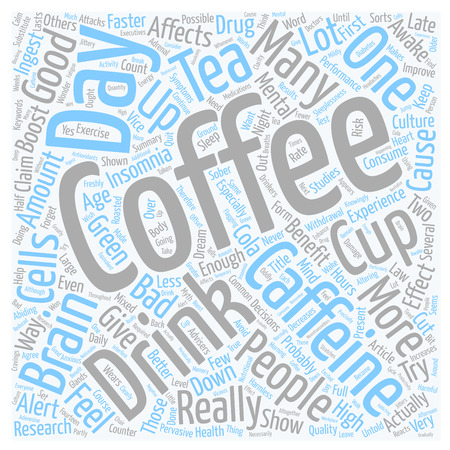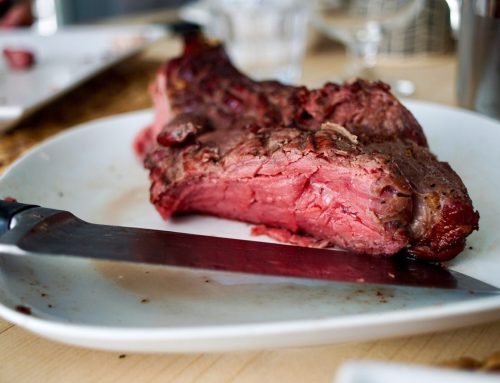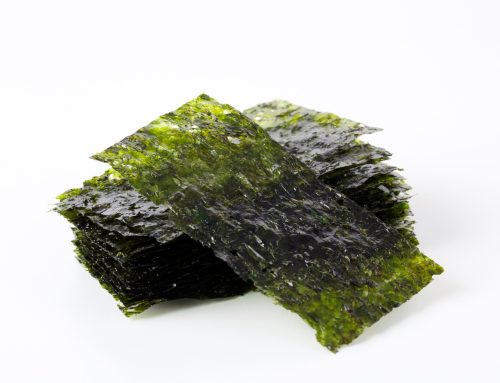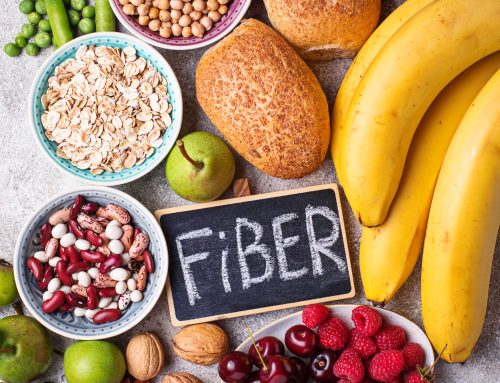Wonder why coffee is good for you? A new study suggests that coffee may be superior to other caffeine sources when it comes to priming the brain for a productive, action-packed day.
Research on Why Coffee is Good for You
Researchers in a study published last week in the journal Frontiers in Behavioral Neuroscience compared magnetic resonance imaging (MRI) scans of 83 people’s brains before and after either drinking coffee or being given caffeinated hot water.
• The people, all of whom usually drink at least one cup of coffee per day, had been asked to abstain from any caffeine at least 3 hours before starting the experiment.
• In the 47 people who drank actual coffee, the researchers observed brain changes beyond any that could readily be linked to caffeine alone.
• During the MRIs, people were told to relax and let their minds wander. For both groups, the post-beverage MRIs showed decreased activity in the brain’s “default mode network,” which shows that coffee and caffeine may be related to moving people out of an introspective state and readying them to be more aware of the outside world.
• But in the coffee-drinking group, the images showed increased activity in the brain regions linked to working memory, cognitive control, and goal-directed behavior.
Study Analysis
So, what does the study show about why coffee is good for you?
• “In simple words, the subjects were more ready for action and alert to external stimuli after having coffee,” said researcher Maria Picó-Pérez, PhD, of Jaume I University in Spain, according to a post on the journal’s blog.
• The researchers concluded that along with caffeine-spiked hot water, any other caffeinated drink will likely give brain activity a boost. They theorized that coffee may result in a sensory experience that impacts the brain differently than caffeine alone.
• “Taking into account that some of the effects that we found were reproduced by caffeine, we could expect other caffeinated drinks to share some of the effects,” Picó-Pérez said. “However, others were specific for coffee drinking, driven by factors such as the particular smell and taste of the drink, or the psychological expectation associated with consuming that drink.”
The authors noted that their study wasn’t designed to isolate the effects of drinking coffee. They said other things, such as the relief of caffeine withdrawal symptoms, could have impacted the results. A future study, they suggested, could include evaluating the impact on the brain of drinking decaf coffee.
Click here to understand why coffee is good for you.







